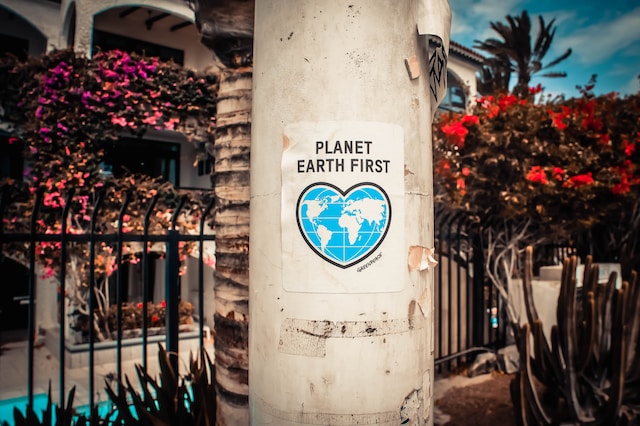In a world where environmental consciousness is becoming increasingly important, the concept of sustainability has risen to the forefront of global discussions.
Companies, governments, and individuals alike are recognizing the urgent need to address sustainability concerns in order to secure a better future for our planet.
Our aim is not just to inform but to empower, equipping you with the knowledge and insights necessary to increase your awareness around this topic and hear your personal concerns.
Understanding sustainability: A holistic approach
defining sustainability
Sustainability, in its essence, is the practice of using resources in a way that meets the needs of the present without compromising the ability of future generations to meet their own needs. It encompasses economic, environmental, and social dimensions, often referred to as the “triple bottom line.”
The environmental dimension
One of the most pressing sustainability concerns relates to the environment. Climate change, resource depletion, and biodiversity loss are just a few of the critical issues that demand immediate attention. Addressing these challenges requires a shift towards renewable energy sources, reduced carbon emissions, and responsible land and water use.
The social dimension
Sustainability isn’t just about the environment; it also involves people and communities. Social sustainability focuses on improving the quality of life for all, reducing inequality, and ensuring that basic human needs are met. This aspect encompasses fair labor practices, access to education, and affordable healthcare.
The economic dimension
Economic sustainability seeks to create a stable and prosperous future. This involves responsible fiscal policies, ethical business practices, and a move towards a circular economy, where waste is minimized, and resources are used efficiently.
Sustainable practices: A path forward
Renewable energy
Transitioning to renewable energy sources, such as solar, wind, and hydroelectric power, is a critical step in addressing sustainability concerns. These sources are not only environmentally friendly but also offer long-term cost savings.
Sustainable agriculture
The agricultural sector plays a pivotal role in sustainability. Practices like organic farming, crop rotation, and reduced pesticide use not only protect the environment but also ensure food security for generations to come.
Circular economy
Moving away from the linear “take, make, dispose” model, the circular economy promotes recycling, reusing, and reducing waste. It fosters innovation and minimizes the environmental impact of production and consumption.
Ethical consumption
Making conscious choices as consumers can significantly impact sustainability. Supporting businesses that prioritize sustainability and fair labor practices helps drive positive change.
Government initiatives: Policies for a greener world
Carbon pricing
Many governments are implementing carbon pricing mechanisms to incentivize businesses to reduce emissions. This approach encourages companies to innovate and adopt cleaner technologies.
Environmental regulations
Stringent environmental regulations, when enforced effectively, can deter harmful practices and promote sustainable alternatives.
Investment in green infrastructure
Governments are increasingly investing in green infrastructure projects like public transportation, renewable energy installations, and waste management systems.
The role of technology in sustainability
Data analytics
Advanced data analytics can help businesses and governments identify areas where sustainability improvements can be made, leading to more informed decision-making.
Internet of things (IoT)
IoT devices are being utilized to monitor and optimize resource use, from smart thermostats that reduce energy consumption to sensors that track water usage in agriculture.
Education and awareness: Spreading the message
Sustainability Education
Promoting sustainability education in schools and universities ensures that future generations are equipped with the knowledge and skills to tackle sustainability concerns.
Corporate social responsibility (CSR)
Companies can lead by example through CSR initiatives, demonstrating their commitment to sustainability and inspiring others to follow suit.
Conclusion: Embracing sustainability for a brighter tomorrow
In our quest to outrank existing articles on Google, we’ve explored the multifaceted world of sustainability. By understanding the holistic nature of sustainability, embracing sustainable practices, supporting government initiatives, harnessing the power of technology, and promoting education and awareness, we can collectively address the pressing sustainability concerns of our time.
Remember, sustainability isn’t just a buzzword; it’s a call to action for individuals, businesses, and governments worldwide. By working together, we can create a greener, more sustainable future for generations to come.

